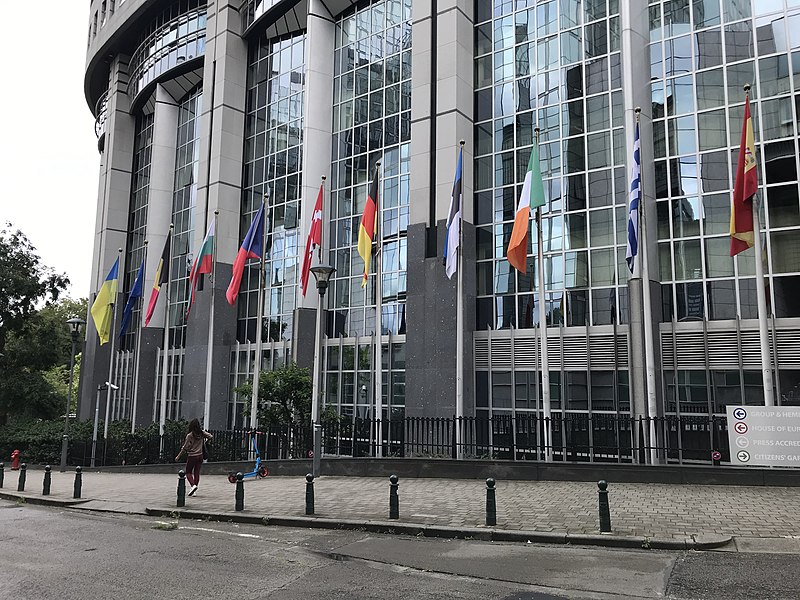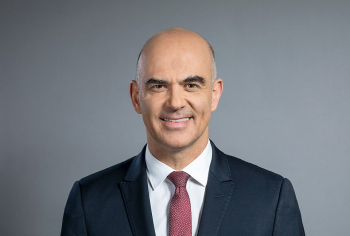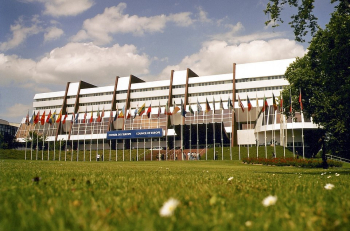
A group of leading Members of the European Parliament (MEPs) has strongly criticized the European Commission’s draft proposal for the EU’s next long-term budget, warning that
it is inadequate to meet the bloc's current and future needs.
The co-rapporteurs for the EU’s multiannual financial framework (MFF), Siegfried Mureşan (EPP, RO) and Carla Tavares (S&D, PT), along with own resources rapporteurs Sandra Gómez López (S&D, ES) and Danuše Nerudová (EPP, CZ), issued a joint statement raising serious concerns about the budget proposal’s limitations and its impact on core EU priorities.
Budget constraints could stall progress
According to the MEPs, the proposed budget—set at 1.26% of the EU’s gross national income (GNI), including 0.11% earmarked for NextGenerationEU debt repayments—is insufficient when inflation is taken into account. They argue this results in an effective freeze on EU investment and spending, compromising progress on key areas such as competitiveness, cohesion, agriculture, defence, climate action, and sustainable economic development.
“However you try to package this, what we have is a real-terms investment and spending freeze – plus repayment of NextGenerationEU borrowing. It is the status quo, which the Commission has always insisted is not an option,” the co-rapporteurs stated.
Siegfried Mureșan emphasized that past errors—such as linking debt repayments with programme funding—have put excessive strain on vital areas. “We will not allow the financing of our key priorities to be compromised by the repayment of NextGenerationEU,” added Carla Tavares.
Concerns over threats to key EU programmes
The Parliament has previously raised alarms over restructuring proposals that would bundle effective programmes into broad "umbrella funds," a move it fears could dilute their impact and efficiency. Tavares stressed the importance of cohesion, saying “the EU is based on solidarity, and economic, social, and territorial cohesion,” noting that upward convergence remains a cornerstone of the EU project.
MEPs are particularly concerned about changes that could reduce the influence of regional and local governments in managing EU funds, warning against setting different stakeholders—such as farmers, regions, and national governments—against each other.
Mureșan rejected any return to fragmented national spending plans disconnected from common EU goals: “We will not approve a budget that promotes fragmented national plans with no link to European objectives. Europe needs a shared vision – not 27 separate shopping lists.”
Democratic oversight must be preserved
The co-rapporteurs also criticized aspects of the proposal they believe could marginalize the European Parliament’s role. They insist the Parliament, as the only directly elected EU institution, must retain its co-legislative authority over both the budget and its discharge.
“The budget is not a cash machine for the European Commission,” warned Mureșan, pledging to protect the Parliament’s oversight role.
Tavares echoed this, demanding a transparent framework that ensures parliamentary control: “The proposed budget must be transparent, and guarantee that Parliament maintains full prerogatives over budget allocation and monitoring, backed by a detailed budget structure that allows for meaningful oversight.”
Call for action on EU revenue reform
On the revenue side, Sandra Gómez López and Danuše Nerudová welcomed the Commission’s renewed push to find new sources of funding. They highlighted proposals such as a tobacco excise duty, a corporate levy for Europe (CORE), and fees on e-waste and e-commerce.
“We take note of the new proposals… Member states have no excuse now to not reach an agreement on new revenue sources,” they stated.
The two MEPs stressed that a diversified and reliable income stream—based on true EU own resources that do not compete with national budgets—is essential to ensuring adequate funding.
Parliament pledges to defend EU ambitions
In closing, the MFF co-rapporteurs reaffirmed the European Parliament’s commitment to pushing for a budget that aligns with the EU’s strategic goals.
“Parliament stands ready to use all its powers to their full extent to ensure that the next long-term budget matches the Union's ambitions and challenges, and is under full democratic oversight. Parliament stands ready to engage constructively but also firmly,” the MEPs concluded.

















